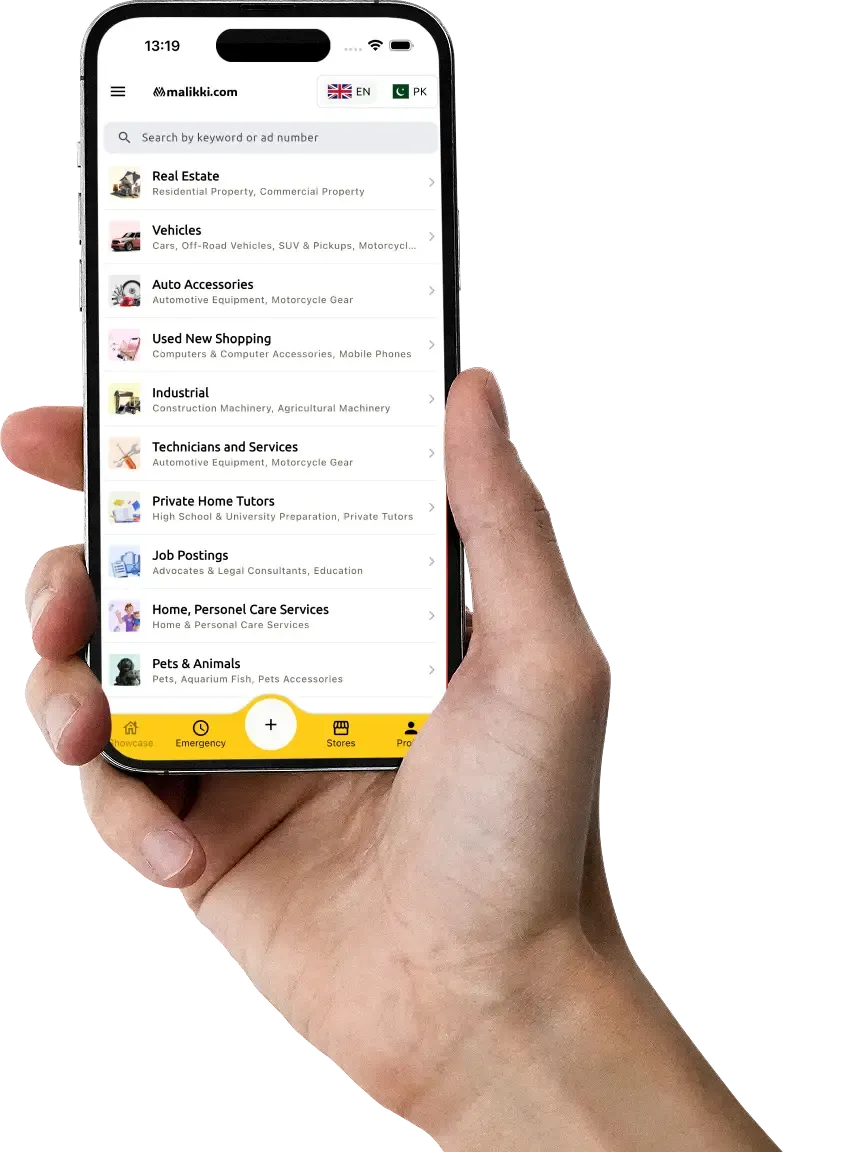The Most Effective Ways to Learn a Foreign Language
Learning a foreign language can seem challenging at first, but with the right strategies, it can become an enjoyable and transformative process. Whether you’re learning for travel, career advancement, or to connect with a new culture, there are practical and effective methods to succeed without feeling overwhelmed or losing motivation.
Here’s a summary of the most effective strategies for learning a new language that deliver real-world results.
1. Set Clear, Achievable Goals
Before beginning, ask yourself: Why do I want to learn this language?
Defining your purpose—whether it’s for basic conversations, watching movies without subtitles, or achieving fluency—provides clear direction. Start with manageable steps, such as learning 10 new words daily or practicing short conversations with native speakers.
Pro Tip: Break your goals into weekly or monthly milestones to make progress more structured and achievable.
2. Immerse Yourself in the Language Daily
Immersion is widely regarded as one of the most effective methods for learning a foreign language. By surrounding yourself with the language, even if you are not in a country where it is spoken, you can significantly accelerate your learning. Here are practical ways to immerse yourself:
- Adjust your phone’s language settings to the target language.
- Watch videos, movies, or TV shows in the language you are learning.
- Incorporate music, podcasts, or audiobooks into your daily routine.
- Place labels on household items with their names in the target language.
These strategies can help you integrate the language into your everyday life and improve your fluency over time.
3. Use Language Learning Apps and Tools
Mobile apps are an excellent tool for learning on the go, allowing you to practice vocabulary, grammar, pronunciation, and listening skills all in one platform. Here are a few popular options to consider:
- Duolingo: Ideal for beginners looking to build a solid foundation.
- Memrise: Focuses on improving vocabulary retention through interactive exercises.
- Busuu: Provides comprehensive language learning with structured lessons.
4. Practice Speaking from Day One
Many language learners avoid speaking early on, but mistakes are a normal part of learning! Here are a few simple tips to improve your speaking skills:
- Practice talking to yourself in the mirror to feel more confident.
- Record yourself reading short texts to check your pronunciation.
- Join language exchange groups online to practice with others.
- Work with a tutor or language partner on platforms like italki or Preply.
Remember: The more you practice, the more confident you'll feel. Fluency isn’t about being perfect—it’s about communicating clearly.
5. Learn the 1,000 Most Common Words First
You don’t need to memorize every word in the dictionary. Research shows that learning the most common 1,000 words in a language can help you understand up to 80% of daily conversations. Use tools like flashcards, spaced repetition apps (such as Anki), or curated word lists to focus on the essentials.
6. Make It Fun and Relevant
Learning a new language doesn't have to be boring. An engaging approach can significantly boost your commitment and progress. Here are some effective strategies:
- Read simple materials: Explore comic books or beginner-friendly stories in your target language.
- Immerse through media: Watch cooking shows, travel vlogs, or other real-life content in the language.
- Use interactive tools: Play language-based games or take quizzes to make learning more dynamic.
- Practice writing: Maintain a daily journal or write social media posts to build consistency.
Remember, the more enjoyable the learning process, the better your retention. Stay consistent, and you'll see results over time.
7. Be Consistent, Not Perfect
One of the most effective ways to learn a new language is through consistency. Studying for just 15 minutes each day is far more beneficial than cramming once a week. By building a regular habit, you can achieve steady progress over time. If you happen to miss a day, don’t worry—simply resume your practice the next day.
Conclusion: Begin Today, Achieve Tomorrow
Learning a new language is more than just mastering grammar—it’s about gaining access to new cultures, connecting with people, and unlocking new opportunities.
Whether you’re starting fresh or revisiting your studies, remember to use effective tools, create a structured plan, and practice consistently. When language learning becomes part of your routine, progress comes quickly.
Start Your Language Journey Today
Choose one tip from this guide and put it into practice. The world is full of languages—learning one could open doors to a whole new world of possibilities.





